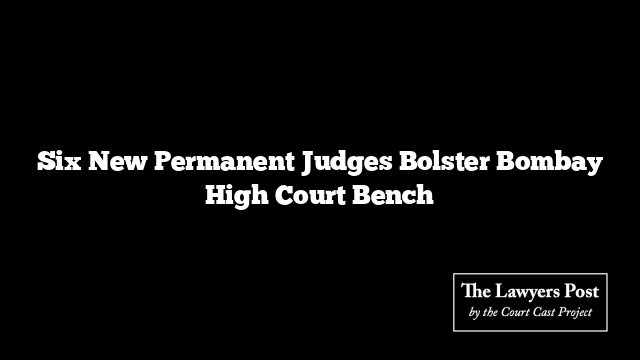The Supreme Court has struck down a criminal case built on allegations of rape under a false promise of marriage, branding it a misuse of the justice system and using the moment to craft a four-step test to weed out baseless prosecutions.
A Bench of Justices JB Pardiwala and Sandeep Mehta underlined that summoning someone on the back of flimsy or vindictive allegations is not just a legal misstep but a direct assault on personal reputation. The Court warned that such reckless complaints leave scars that no acquittal can erase.
To guide High Courts in exercising their inherent powers under Section 482 of the old CrPC (now Section 528 of the Bharatiya Nagarik Suraksha Sanhita), the judges set out a four-question litmus test:
-
Is the material submitted by the accused unimpeachable and of sterling quality?
-
Does it sufficiently dismantle the foundation of the charges so that any reasonable person would dismiss them?
-
Has this material gone unrefuted, or is it of a nature that cannot be credibly challenged?
-
Would allowing the trial to continue serve no purpose other than wasting court time and abusing process?
If each answer is “yes,” the Court said, quashing the case isn’t just permissible—it’s imperative.
This ruling came in the backdrop of an Allahabad case where a woman accused a man of rape, blackmail, and caste-based abuse dating back to 2010. She alleged sexual exploitation, forced abortion, and humiliation at the hands of his family. The case spiraled into charges under multiple IPC provisions and the SC/ST Act.
A magistrate had taken cognizance and summoned the accused directly, but when the man challenged this before the Allahabad High Court, his plea was dismissed. He then approached the Supreme Court.
Upon review, the apex court found glaring holes: no dates, no specific places, and no corroborative evidence. Even more telling was the complainant’s refusal to accept notice from the Supreme Court—a clear signal, the Bench said, that she was never serious about pressing her case.
The judges stressed that in false promise-of-marriage cases, courts must carefully separate genuine betrayal from fabricated charges. If the intent to marry was real but failed, that is not rape; if deceit was the sole intent, only then does criminal liability arise.
Adding that even the accused man’s parents had been unnecessarily dragged into the case, the Court called the prosecution a textbook example of abuse of law. The proceedings were quashed in their entirety.





